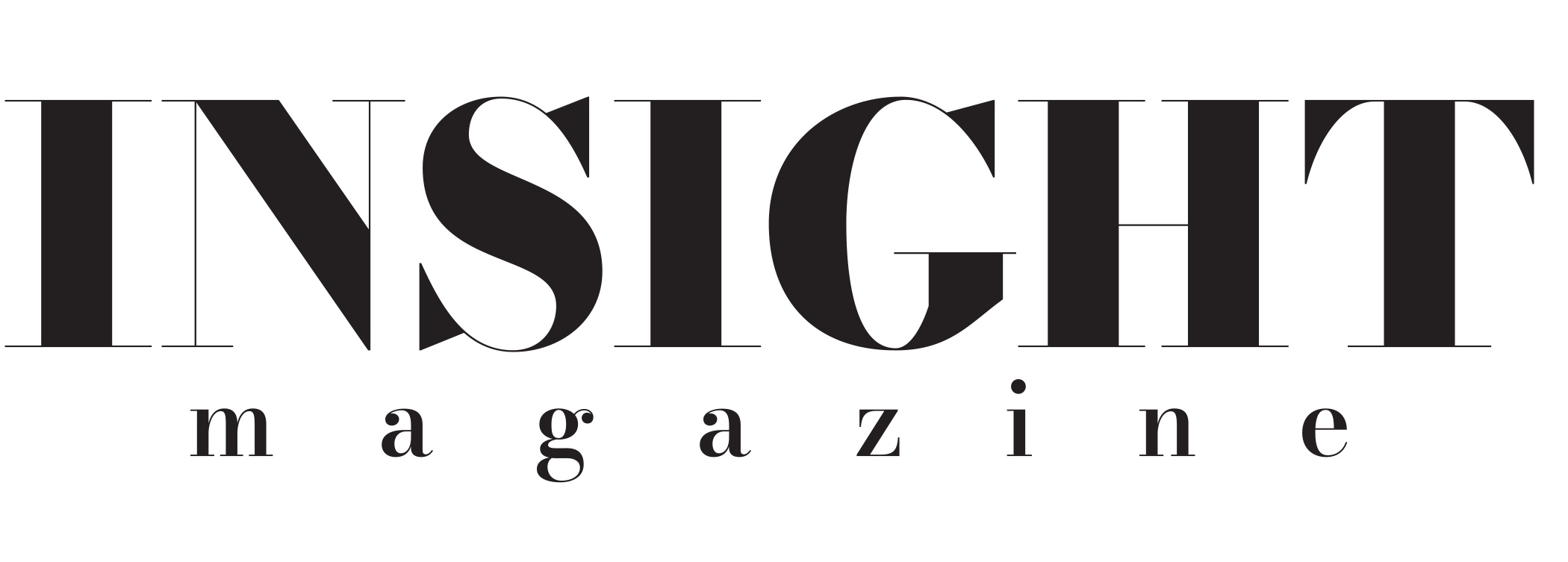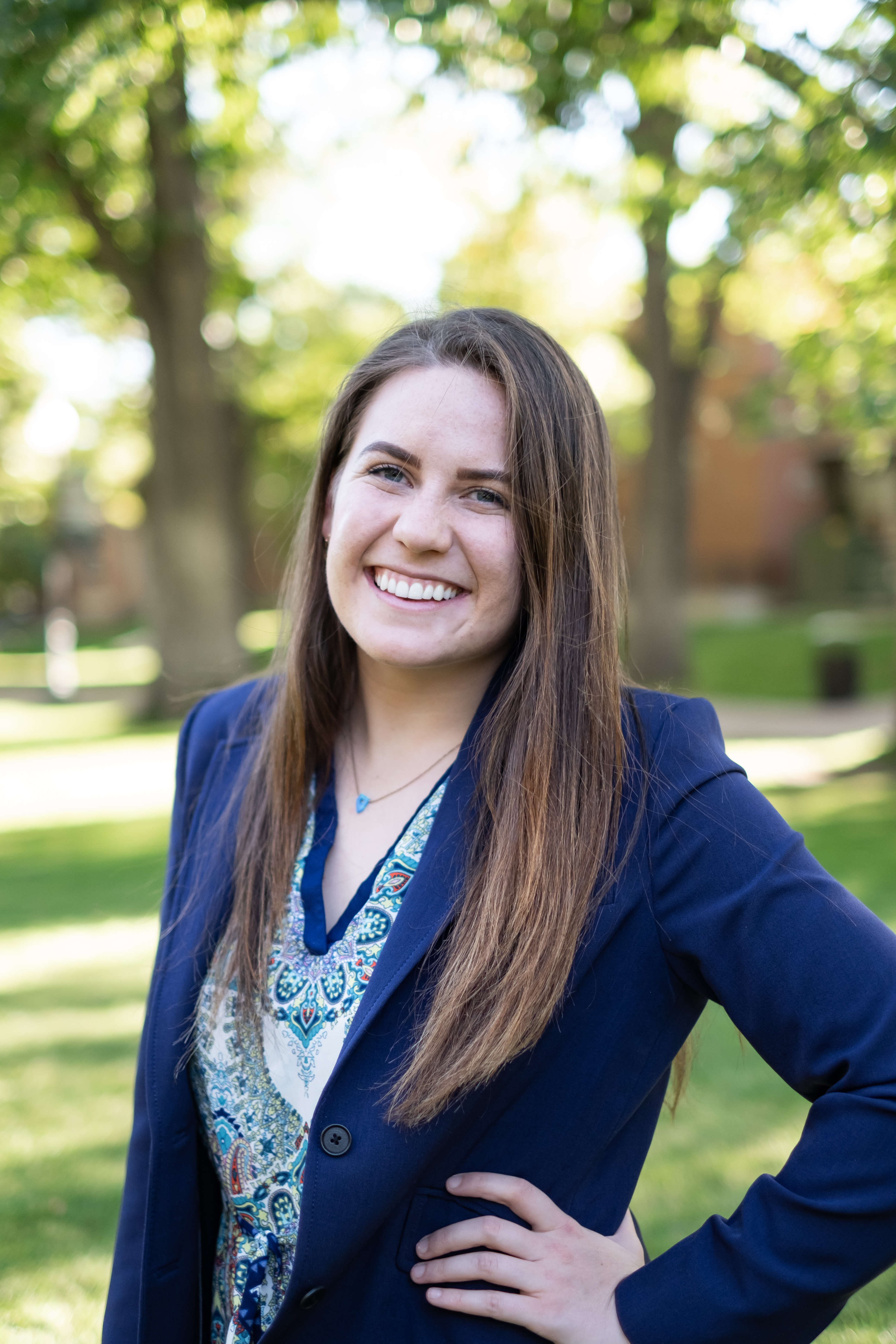
A closer look at the faces behind the Associated Students of the University of Nevada
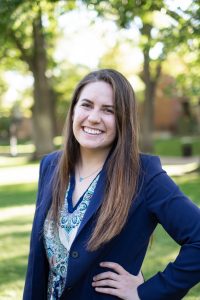 Hannah Jackson
Hannah Jackson
Hannah Jackson is the current president of the Associated Students of the University of Nevada (ASUN). She plans on graduating in May 2019 with a major in journalism and a minor in political science. She has been involved with ASUN for four years, starting by working with the senate as a legislative intern and then serving as a senator for the College of Education. She is also involved in the Blue Key Honors Society and fraternity and sorority life.
Insight: What made you want to join ASUN senate?
Hannah Jackson: When I was a senior in high school, I was in a class called We the People. The class cumulates into a mock congressional hearing competition, where the students serve as experts on The Constitution, The Bill of Rights, various aspects of United States history, as well as various current events. This class completely changed my life. While I was in the class, I was researching policy at all levels of government. I came across a Reno Gazette Journal article that was about the ASUN senate passing a resolution in favor of creating gender inclusive restrooms on campus and how it was being implemented. I couldn’t believe how much power students on this campus had, and how they used this power to create positive social change. I wanted to be part of it.
I: What issues do you advocate for in the senate?
HJ: Throughout my time in ASUN, one of my most passionate causes has been enchanting civic learning and democratic engagement for students on our campus. For me, it is all about helping others find their voice and how they can create the change that they want to see – which can happen in so many ways. Within that focus are many priorities: equality and inclusion, safety, sustainability, campus wellness, professional development, and fiscal transparency.
I: Why did you run for president? Are you enjoying it?
HJ: The same passion that I had as a first year student still burns inside of me today. I ran for president because I believe that students have the opportunity to make this campus the best that it could be. Through this position, I want to empower others to make the changes that they want to see both on and off campus.
I love my job. Sometimes I have to pinch myself and remind myself that yes, this really is something that I get to do. Serving as president is the most fulfilling job I’ve ever had. Doing work that impacts others, and knowing that you’ve made someone’s experience better is unlike any other. On top of that, I get to work with people that inspire me every day. They give me energy.
I: What are the worst and best parts about being president?
HJ: The best part about being president is also one of the most difficult parts about being president – and that would be that you’re always learning. We learn by stretching ourselves outside of our comfort zones, which is often times very uncomfortable. Some of my biggest learning moments have been due to making big mistakes, which have been painful to go through. It’s a lot of stress, and it’s a lot of pressure.
However, at the end of the day the lessons that you learn are so worth it. It’s not like anything that I’ve ever experienced. I learn so much every day from my experiences and from the people that I get to work with and for – they are the best part. Whether it be going to a meeting to see the great work a club is doing, working with my team on a shared vision, or meeting one-on-one with a student, getting the opportunity to meet so many wonderful people has been the best part.
I: What kind of impact do you want the 86th Session to have on the university? What kind of changes do you hope to implement?
HJ: If I could accomplish one thing during my time here, it would be for students to see that this government is THEIR government – a government that will advocate for them, and a government that they can be part of and use to create change. We all have the power and the responsibility to make the student experience better for current students, and ones that follow us.
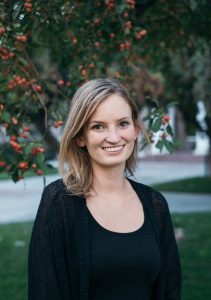 Carissa Bradley
Carissa Bradley
Carissa Bradley is the current vice president of ASUN and a senior with a major in environmental science with a minor in public administration. She started her involvement with ASUN as a legislative intern and then later served as the senator representing the College of Agriculture, Biotechnology, and Natural Resources. Last year, she served as the chief justice on the Executive Board. She is also works at the Nevada Career Studio and is involved in the Blue Key Honor Society and fraternity and sorority life.
Insight: What made you want to join ASUN senate?
Carissa Bradley: I was involved with student government in high school, so I knew that I wanted to be involved in some capacity when I came to college. That said, I had no idea the world I was stepping into. ASUN is truly a one of a kind organization. We are handling issues on our campus, that other colleges and universities could only dream of. The innovation and caliber of work that ASUN is able to do is why I wanted to join and stay in the organization as a prominent leader.
I: What issues do you advocate for in the senate?
CB: I am a huge advocate for women’s rights and empowerment. During my term as chief of staff, I brought Elect Her to campus with Hannah Jackson to empower more women to run for elected positions on campus and in our community. The results of that were incredible. For the first time, to our knowledge, there are more women than there are men in ASUN offices which is representative of the university demographic.
I am also an advocate for environmental initiatives. Over the years, I created the director of sustainability position within the ASUN Executive Board and have helped to increase infrastructure for the Sustainable Nevada Initiative Fund which awards $10,000 for sustainable projects on campus.
In addition to these two issues, I have worked on many bystander intervention programs and initiatives. During my term as a senator, I brought the It’s On Us campaign to Nevada to increase awareness of sexual assault prevention.
I: Why did you run for vice president? Are you enjoying it?
CB: I ran for vice president for multiple reasons. The first being that I love the Reno community, and the vice president role handles a lot of community relations with the Pack Internship Grant program and the Pack Friendly Business Campaign, both of which I oversee. The second was that I felt that I could genuinely represent the students of the University of Nevada. I am a first generation, low income, female who has been involved with nearly everything on campus, and I felt that I had a really good grasp of what the students want/need. The third reason is that Hannah and I work VERY well together. Her strengths are my weaknesses and my strengths are her weaknesses, so we compliment each other’s leadership styles very well. I knew from an early time that Hannah would be an amazing leader on this campus, and I wanted to be right there with her and empower each other to be better.
I am enjoying every second of being ASUN vice president. It is unbelievable to me that our terms are halfway done. I love being able to bring student voices to decisions and understanding the role of being a student leader on our campus.
I: What are the worst and best parts about being vice president?
CB: Good question, I think the most difficult part about being vice president is that the role does not directly oversee anyone and no one directly oversees it. In the past, the vice president has tended to drift away from the association and lose motivation. I have not encountered this, but I have seen this become an issue over the years.
The best part of being vice president is also the worst part, but it is that I don’t have a lot of responsibilities that are explicitly laid out. I am allowed a lot of freedom to do what I want and get creative with the role. I have been able to pick up a lot of side projects that other officers might not be able to take on because of their responsibilities laid out in the governing documents.
I: What kind of impact do you want the 86th Session to have on the University? What kind of changes do you hope to implement?
CB: I think that the 86th session of senate has shown the importance of gaining student voice in decision making. For example, our department of Legislative Affairs has begun to host town hall meetings where they can gain input from students about issues on and off campus in order to craft our legislative agenda moving into the Nevada State Legislature. In addition to this, this session has shown the importance of thinking about who is not being represented in the decision making. For example, reaching out to more non-traditional students or people who are not directly represented at the table and getting their opinion before.
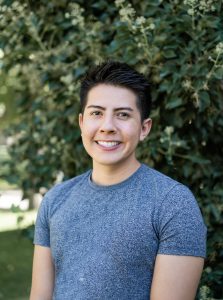 Anthony Martinez
Anthony Martinez
Anthony Martinez is the current speaker of the senate. He is a junior and a dual major in political science and international affairs with a minor in Spanish language and society. He began his involvement with ASUN his freshman year when he became a legislative intern. He has been a part of ASUN for three years. He works as a career mentor at the Career Studio and at the front desk of the New Student Initiatives Office and is involved in the Blue Key Honor Society and fraternity and sorority life.
Insight: What made you want to join ASUN senate?
Anthony Martinez: In high school, I had four very influential people in my life. Like Charlie’s Angels but Anthony’s Angels + 1. Their alias names are Ms. Wright, Ms. McInturff, Coach Dinkel, and Coach Streets. These Angeles made me believe I would make a difference one day, to represent all who do not know how. Each of them demonstrated the vital aspects of leading which I saw a lot of in the ASUN senate. They demonstrated what authentic leadership looked like, informed me how to talk with purpose and that my words have power behind them, trained me to keep going when the race gets tough, even when everyone is cheering on the person next to me. Finally, they educated me on the strength of government and the power of the people.
I: What issues do you advocate for in the senate?
AM: As speaker of the senate, I remind myself my job isn’t to advocate for specific issues, I must support senators to put pieces on the table that matter to the students and facilitate conversation about topics that are important to students. My primary duty is to ensure our conversation is germane, pertains to students, and ensures our senators are working with integrity. Best stated under Title 1 Chapter 101 Section 2 of the Statue of the Associated Students “The Senate shall elect from its membership a Speaker of the Senate who shall act as Chair of the Senate and the Committee on Oversight.”
I: Why did you run for speaker? Are you enjoying it?
AM: I wanted to challenge myself and become uncomfortable once again. For a while I found myself to be content, but that’s no way to learn and grow in an environment. Some flowers need optimal weather conditions to create beautiful blooms that last through an entire season. I think that shows a lot to an individual in adapting to your environment and overcoming it to become your best self. I also wanted to give voice to those that I have seen be silent for so long, and I do everything in my power to ensure the senate table is welcoming to all! Conservative, liberal, moderate, or anarchist! You are all welcomed to the table!
I: What are the worst and best parts about being speaker?
AM: The worst part is for sure having to follow Nevada open meeting law and post agendas all over campus just for nobody to read them. It is at times a waste of paper (bad for the environment) and knowing that students pass a document that has so much information concerning them, is devastating to me and should change. However, one of the best parts is when senators get so involved with their colleges they begin to make a difference. Watching students grow and make an impact on our campus is the best gift of all. Knowing that I have given students the tools to achieve greater heights gives me the confidence that I have done my job right.
I: What kind of impact do you want the 86th Session to have on the university? What kind of changes do you hope to implement?
AM: I hope the 86th Session can learn from past mistakes and build an environment that welcomes all to ASUN. I no longer want a stereotype around the association because every single student at the institution pays into the association, and all deserve to be represented in some capacity. I also hope legislation comes to the table to make an everlasting impact. Finally, I hope to impact not only the student body’s minds but their hearts as well.
